What was it about?
The international research project Education for a Changing World brought together 15 Finnish and North American researchers to discuss the following research question: How do we enable students, schools and communities to become the building blocks of a new societal model organised around sustainable well-being? Like other sectors, education is also challenged by major trends: the ecological sustainability crisis, the pervasiveness of technology, inequality, the changing global power relationships and an ageing society. How will the education sector be able to respond to these challenges? How do we make ecological sustainability part of the everyday life of schools? What would a teacher do if the next Greta Thunberg were in his or her class?
The Education for a Changing World project under Sitra’s Foresight theme began in 2015 shortly after Sitra’s previous societal vision had been published. The main aim of the vision is holistic well-being, for which the earth’s capacity provides the limits. Through the Education for a Changing World project, we wanted to better understand the role of education in the transition towards a society based on sustainable well-being.
In addition, we also had the following objectives:
- To influence the discussion about the future of education with a high-quality peer-evaluated book written by thought leaders from the field of education.
- To work openly with stakeholders throughout the project by organising events, discussions and documentary evenings.
- To build a bridge between the academic content and the everyday work of the key operators in education to enable them to benefit from the content produced in the project.
What was done?
The Education for a Changing World project culminated in the publication of the book Sustainability, Human Well-being, and the Future of Education in November 2018. Its Finnish summary, Tulevaisuuden koulutuksen käsikirja, was launched at Suomi Areena in 2017. In addition, a training programme with the title Developers of sustainable education was organised in spring 2017.
In June 2015, an open call for authors was arranged in which we asked the authors to explain the idea their article would be based on. Our aim was to find a group of authors, of which half would be from Finland and the other half from the United States and whose points of view would complement each other. We also wanted to find authors who would be prepared to participate in a co-creation process involving two workshops (in October 2015 and February 2016), commenting on texts written by the other authors, and in a number of stakeholder events where the authors would explain their thoughts about their own articles and the future of education.
The research question was: How do we enable students, schools and communities to become the building blocks of a new societal model organised around sustainable well-being?
We are extremely grateful for having found a team of authors that worked actively in an open process so that discussion about the thoughts emerging in the project could be conducted throughout the project instead of having to wait until the book was completed. We believe that this open process had a positive effect on the quality of the book and built an audience for it.
The same research question was given as a guideline to all of the authors: How do we enable students, schools and communities to become the building blocks of a societal model organised around sustainable well-being? They discussed this question from different points of view, however. Linda Nathan reflected on how creative skills are a hard currency in the era of uncertain work and Erkka Laininen on how our world view is structured and how it should change for us to be able to make the transition towards societies that function in an ecologically sustainable manner. You can read about the other authors and their articles on the website of Palgrave McMillan, the book’s publisher.
The book comprises 13 articles and 17 people have contributed to writing it. They include researchers and other influencers from the field of education, such as Rob Riordan, one of the founders of the High Tech High schools and teacher training, and Marjo Kyllönen, who works in the Education Division of the City of Helsinki.
In February 2016, at the time of the second workshop, Rob Riordan told us about Most Likely to Succeed, an interesting documentary dealing with the future of education. We then organised an open documentary evening and a discussion event at Korjaamo in Töölö, Helsinki. As the documentary had a very enthusiastic reception, we showed it to different audiences several times during the project, for example, at an event organised at the University of Jyväskylä and at the World Village Festival in Helsinki. We have also organised several other events and been to talk about the book in places such as the Harvard Graduate School of Education, the Dare to Learn festival, the Strelka Institute in Moscow and an event organised by the Nordic Council of Ministers in Copenhagen.
Dozens of speeches on sustainable education have been given during the project, both in Finland and in international arenas. Some of the authors have also actively disseminated the book’s messages in their speeches and media appearances. These have been important opportunities to influence the discussion about education in places where such discussion is conducted anyway.
Sustainability through experimentation in schools and educational institutions
In spring 2017, we organised the Developers of sustainable education programme to build a bridge between the book’s content and the everyday work of the key operators in education to enable them to benefit from the content produced in the project. In the programme, 29 teachers, principals and other education professionals formed groups in which they read and discussed the book’s articles, which had yet to be published. The task given to the participants was to reflect on what the articles meant in terms of their own work. They then discussed in teams what the articles inspired them to experiment with in their own work communities.
In one experiment, the school involved its pupils in the procurement of materials to make it more sustainable. The experiment was also aimed at strengthening the role of the student body in the school’s decision-making process. Another experiment used the megatrend cards to strengthen a shared understanding of four different work communities of what the major trends influencing education were. One of the groups focused on organising mindfulness sessions in schools and workplaces to tackle the constant feeling of being in a rush.
You can read more about the experiments in the handbook Tulevaisuuden koulutuksen käsikirja (The handbook of future education, in Finnish only) and a list of the participants of the programme is provided in a news article on the experiments (in Finnish).
The work continues
The Developers of sustainable education programme continued its operations after the end of Sitra’s involvement. The City of Helsinki organised a programme of its own in spring 2018 and the City of Vaasa in autumn 2018. The teachers and principals from different levels of education went through a similar learning experience as the participants of Sitra’s programme in spring 2017.
“Even just a short glance at the daily news reveals that we have huge challenges in terms of achieving a sustainable future and all of the solutions required will not be on the horizon for some time to come. But we should still be able to create a hopeful vision of the future for children and young people and teach them the skills required for making a change,” says Kirsi Verkka, describing the reasons why the programme was important. Verkka was the person in charge of the programme organised by the City of Helsinki.
The participants of the Developers of sustainable education from the City of Vaasa talked about their reasons to apply to the programme: “I was worried about the state of the world – pollution, the excessive use of plastic and chemicals, the extinction of species and climate change – and was reflecting on what we could do about these issues in comprehensive school,” explained one of the participants.
Space and time are required for the creation of a shared understanding.
The same person says the programme inspired the idea of promoting vegetarian food in the canteens of the city’s schools and workplaces and selling surplus food. Sari Tarvonen, one of the people in charge of the programme in Vaasa, has promoted the culture of experimentation widely in the city, for example, as co-operation between students from the University of Vaasa and the City of Vaasa.
The education developers who participated in the Developers of sustainable education programme made an important observation: space and time has to be created first in the minds and calendars of teachers as well as in the organisational cultures of the educational institutions to enable reflection on how the institution will handle topics such as climate change and how it will be visible in everyday life and practices. Space and time are therefore required for the development of competence and skills and the creation of a shared understanding. The participants also emphasised the importance of a common direction for the development of the school. This can only be achieved when teachers are closely involved in the strategic development of the school.
A sustainable future to be made schools’ most important task
The main message of the book Sustainability, Human Well-being, and the Future of Education is that the school’s role as a builder of a sustainable future must be strengthened further. The greatest challenges our society is facing are complex. Our school system should therefore aim at deep learning that will change our world view and teach the talents, skills and attitudes required to tackle them.
The book was published in November 2018 as an open e-book and as a hardback edition. The open e-book has since been nearly 150,000 times. We have analysed the book’s huge success and come to the conclusion that the relationship between education and sustainability is a very topical theme that readers want to know more about. The high quality of the content and the open working method in which the thoughts that emerged in the project were communicated and discussed throughout the project also contribute to the book’s popularity.
Our school system should aim at deep learning that will change our world view and teach the talents, skills and attitudes required to tackle them.
One of the projects evaluated in Sitra’s impact evaluation Tulevaisuusnäkymien ja oppimisen mahdollistaja (pdf) (Enabler of visions of the future and learning; link in Finnish only) was Education for a Changing World. According to the stakeholder interviews conducted in the impact assessment, the “Developers of sustainable education training and experimentation programme provided the participating education professionals with a place for shared learning, problem-solving and experimentation. It strengthened their professional development, lifelong learning and understanding of the different aspects of sustainability in the long term.”
The impact evaluation also reveals that many of the participants highlight the fact that there have been changes in their own attitudes and in the attitudes of their immediate work communities as a result of the projects of the development network and the network members’ own development projects. For example, the changes have been related to rethinking the content of education, changes in education arrangements or learning environments, or the use of dialogue methods. In addition, the interviews reflect an increasing preparedness for the changes that the culture of experimentation requires in the participants’ background schools. The matters developed within the programme have spread at least to the participants’ immediate work communities and, in some cases, to the management systems of the education and training organisations concerned.
According to the interviews, the Handbook of future education has been widely used. Large numbers of the publication have been ordered for different development seminars and events and the digital version has also been popular. As the project has progressed, its key messages about integrating sustainability into all school activities have gained more acceptance and the number of concrete initiatives is also higher than when the project started in 2015. Similarly, the integration of the ecological sustainability theme into education has increased since the initial stages of the project. The pressure to do this has grown as a result of the climate strikes organised by schoolchildren and the better understanding of the severity of the ecological sustainability crisis. The Finnish National Agency for Education has, during 2019, run an impact programme on learning climate responsibility. Within this programme, an action plan on climate responsibility has also been prepared for teaching.
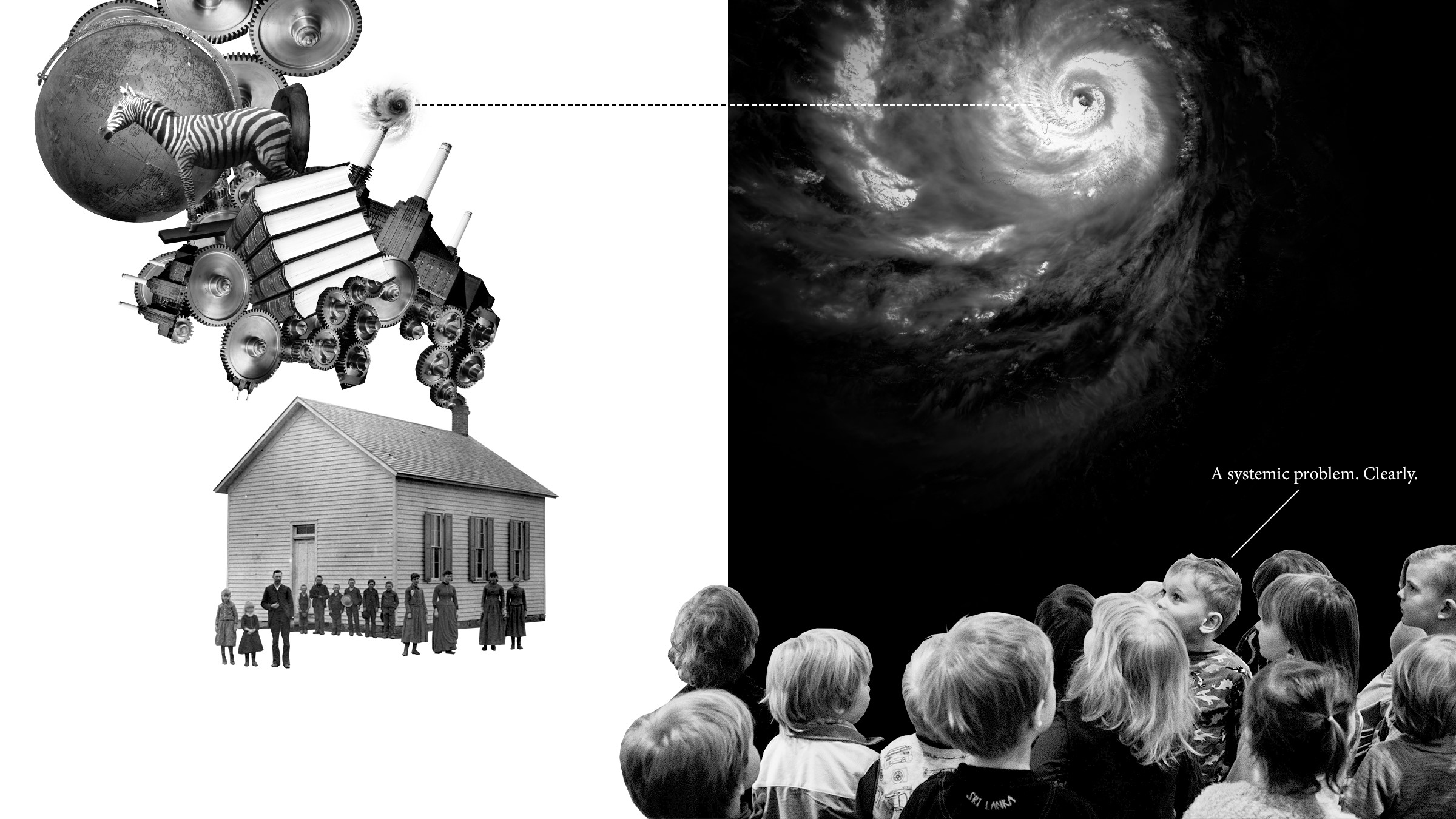
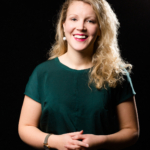
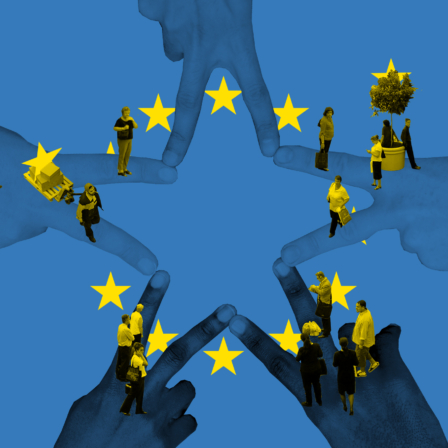



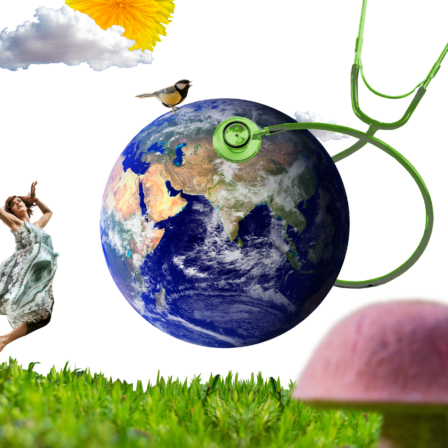
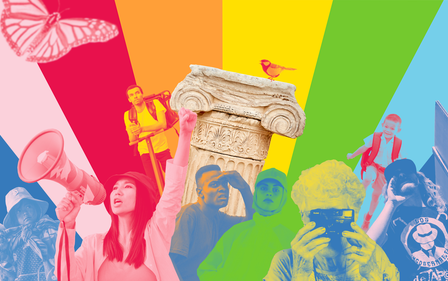
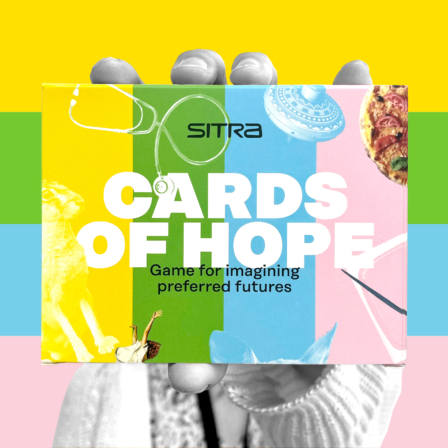
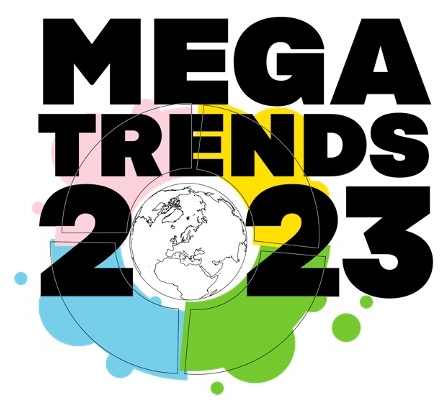
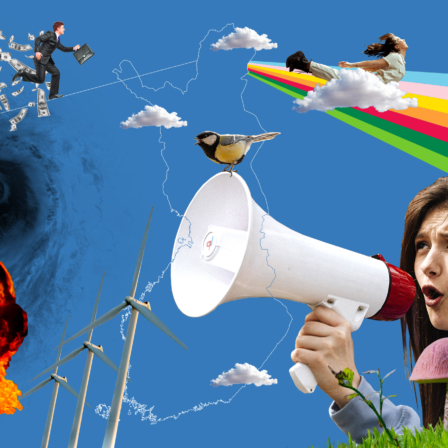
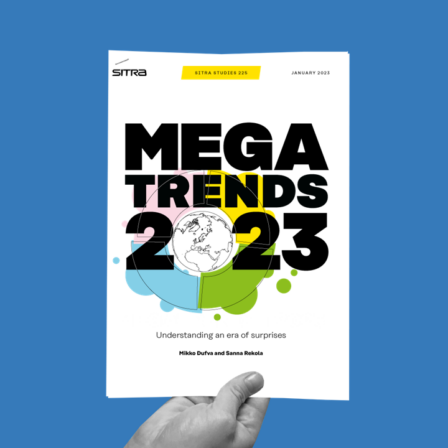

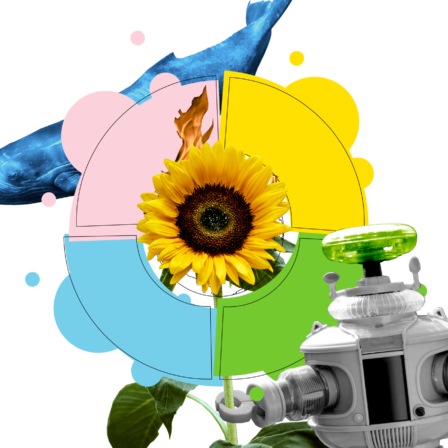
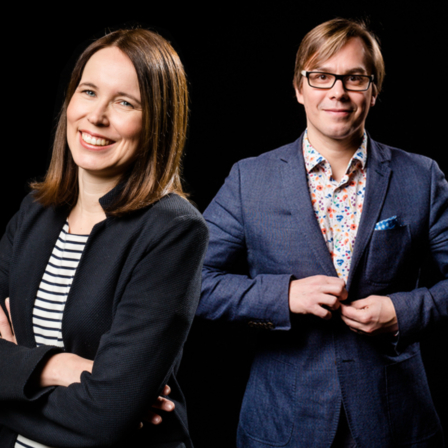
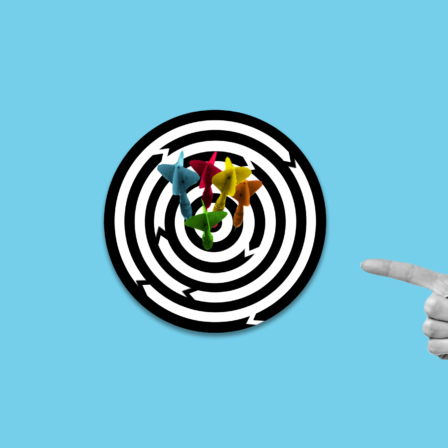
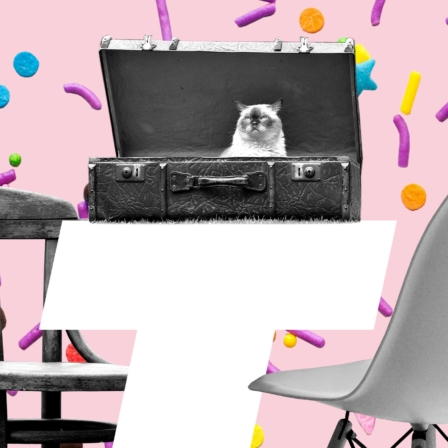
Recommended
Have some more.